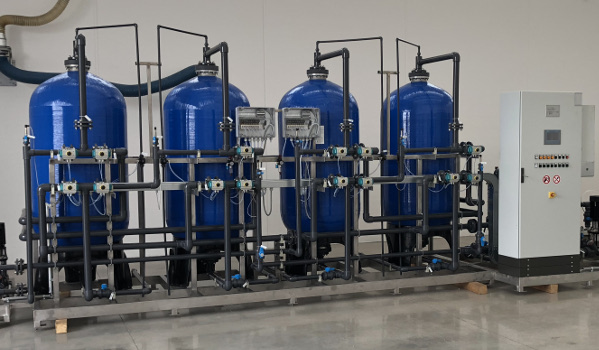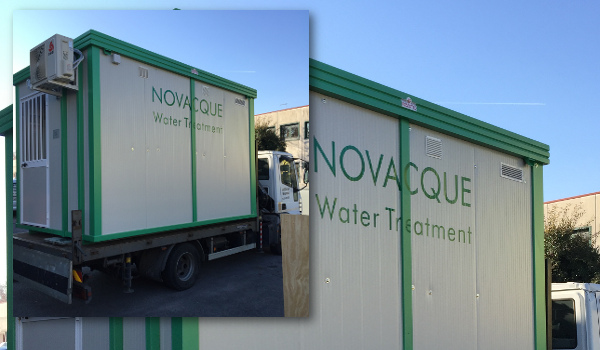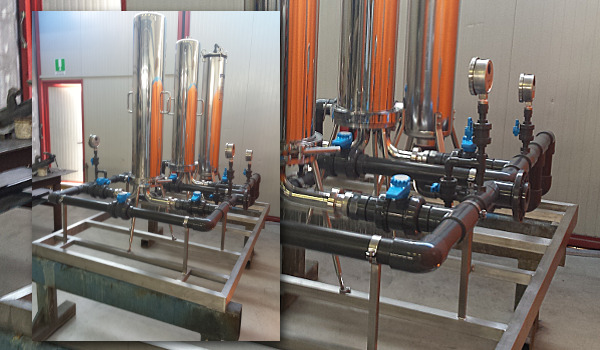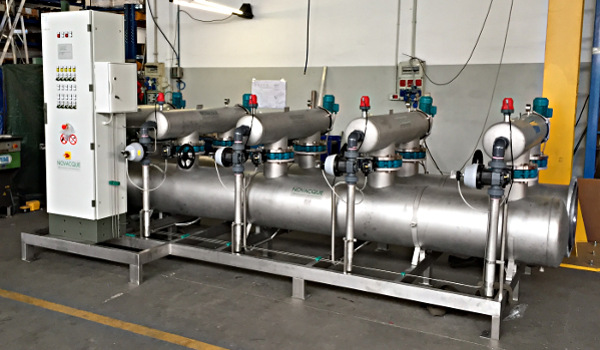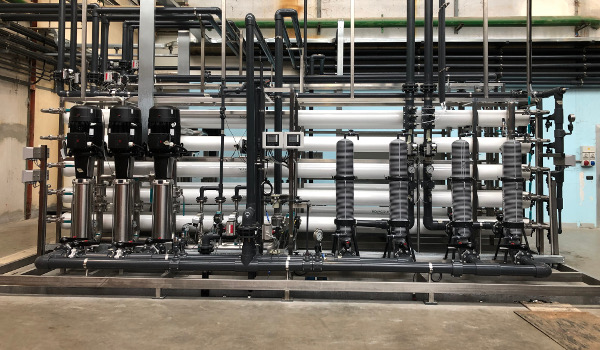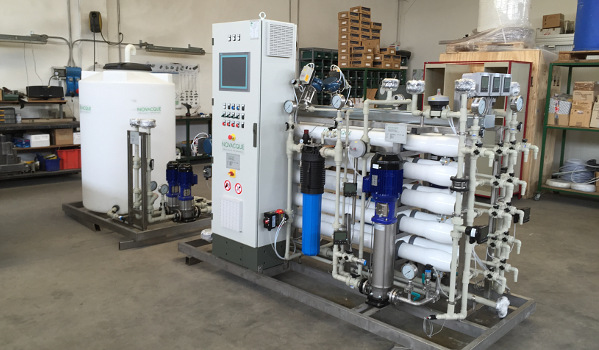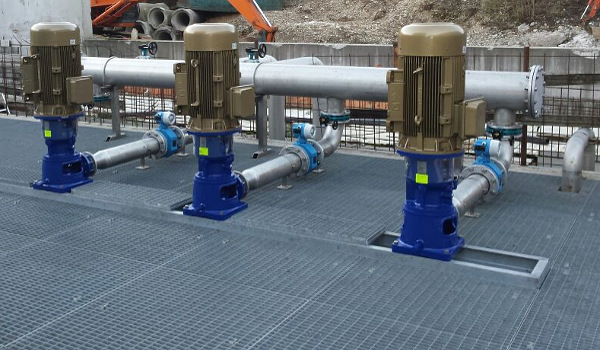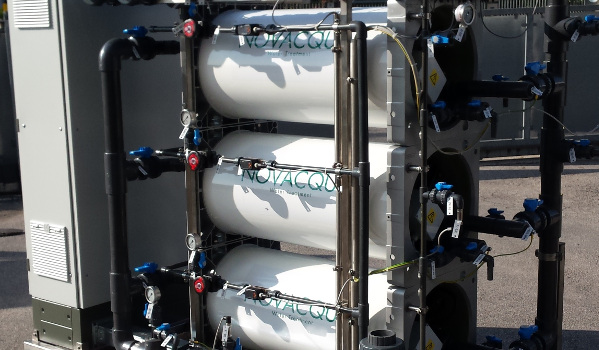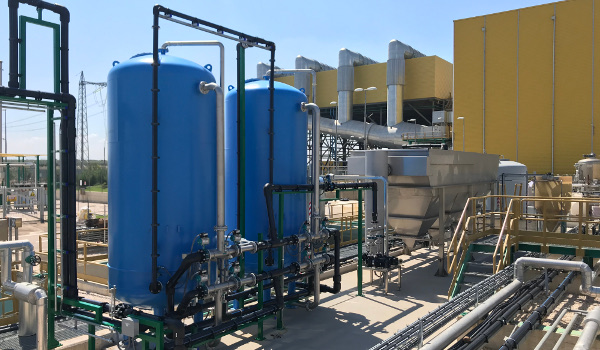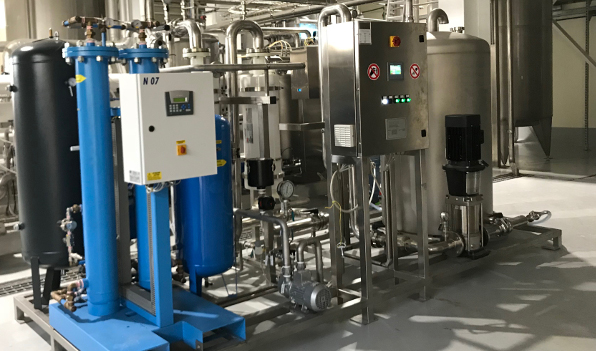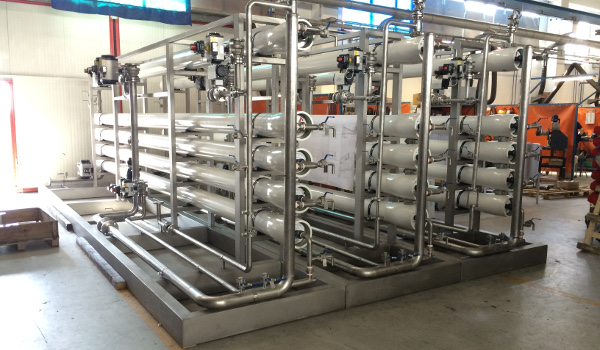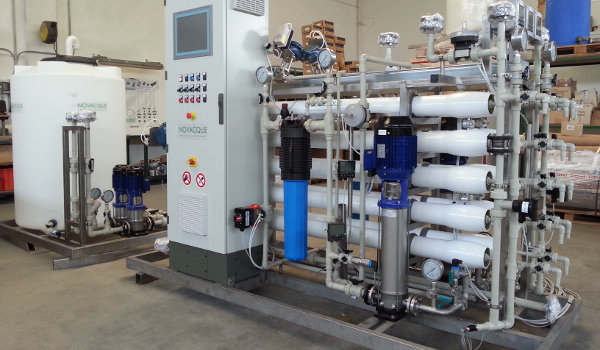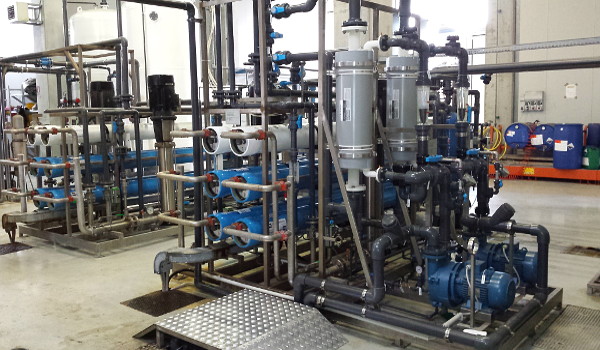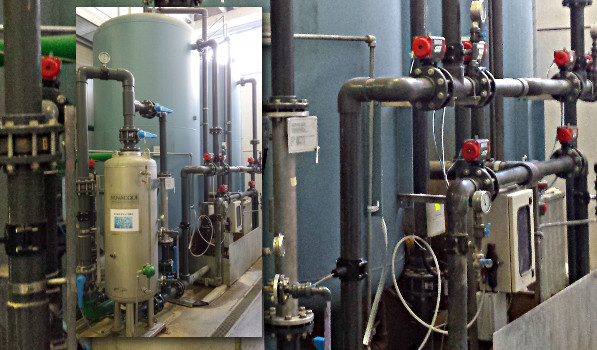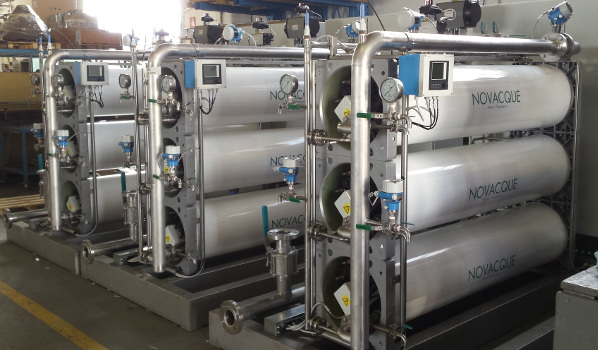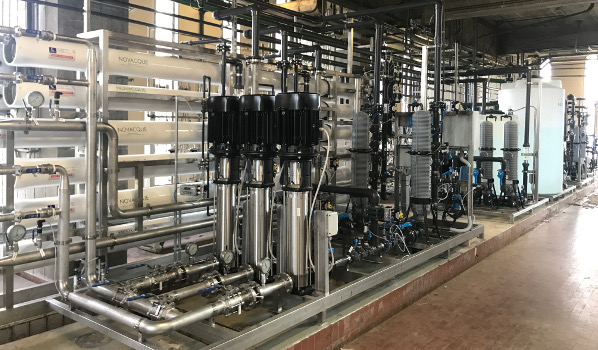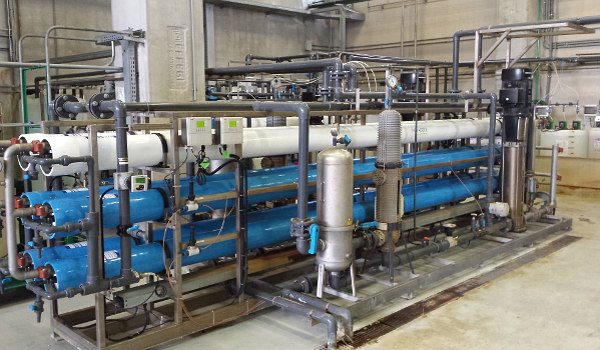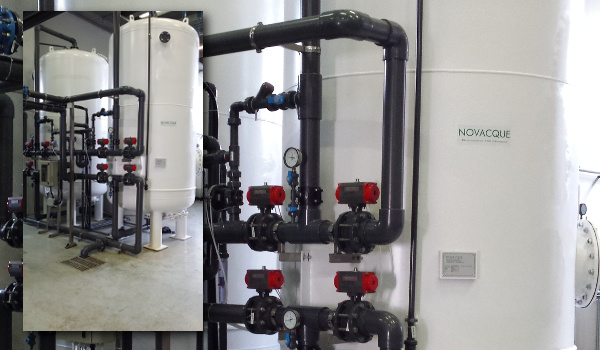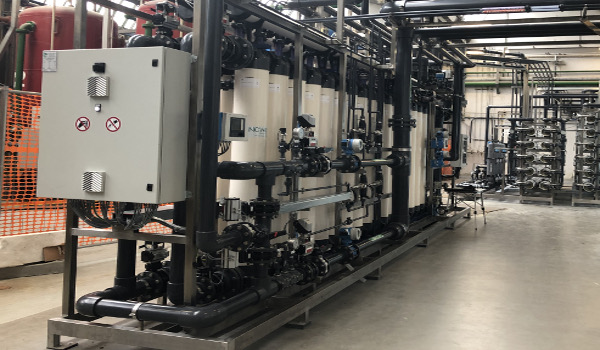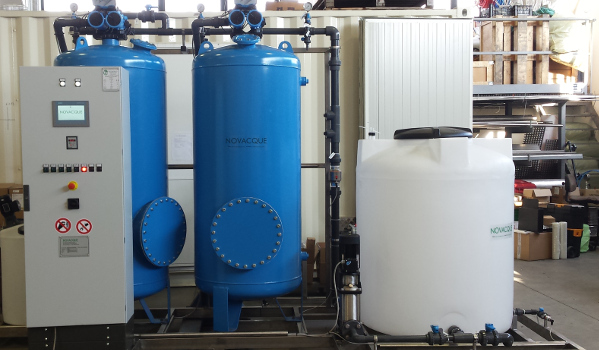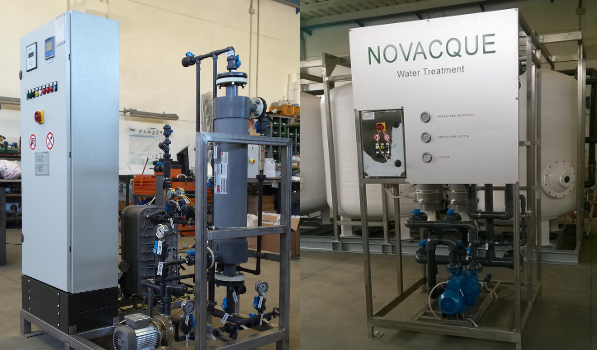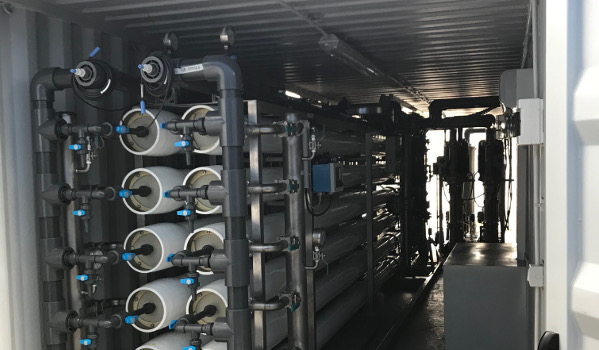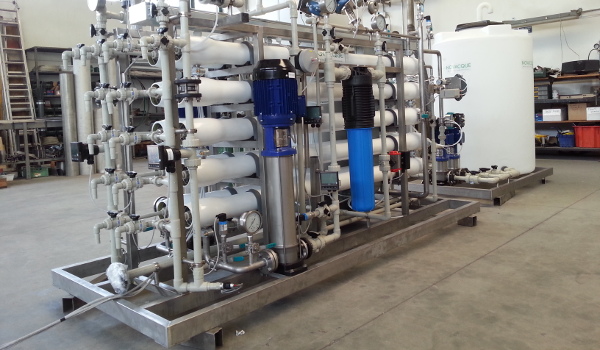Civil and industrial wastewater treatment
MBR Systems (Membrane Bio-Reaction)
MBR (Membrane Bio-Reaction) is a new technology in the waste-water treatment, which combines the traditional activated sludge treatment with the new membrane separation technology.
More contentMBBR Systems
MBBRs incorporate benefits provided by both fixed film and activated sludge processes.
The MBBR process is a continous flow process which uses small high density polyethylene (HDPE) carrier element to provide sites for active bacteria attachment in a suspended growth medium.
More contentBiological process activated sludge
The biological process is based on the activity of microorganisms of various kinds (mainly bacteria but not only) facing the destruction of organic compounds; the slurry undergoes purification by either bacterial flora and in particular is the biological oxidation of the organic substrate biodegradable as part of a population of microorganisms (biomass) and the entraining of suspended substances not sedimentable in the flakes of the biomass itself.
Anaerobic sludge digestion
Anaerobic digestion is a complex biological process, by means of which, in the absence of oxygen, the organic matter is converted into biogas (or biological gas), consists primarily of methane and carbon dioxide. The percentage of methane in the biogas varies depending on the type of organic matter digested and the process conditions, from a minimum of 50% up to 80% approximately.
Sludge treatment
Sludge aerobic and anaerobic stabilization with biogas production
Aerobic stabilization is carried out in aerated tanks, similar to the ones used for water treatment. The sludge stabilization is performed by micro-organisms using their own protoplasm to acquire the energy required for sustenance.
More content
